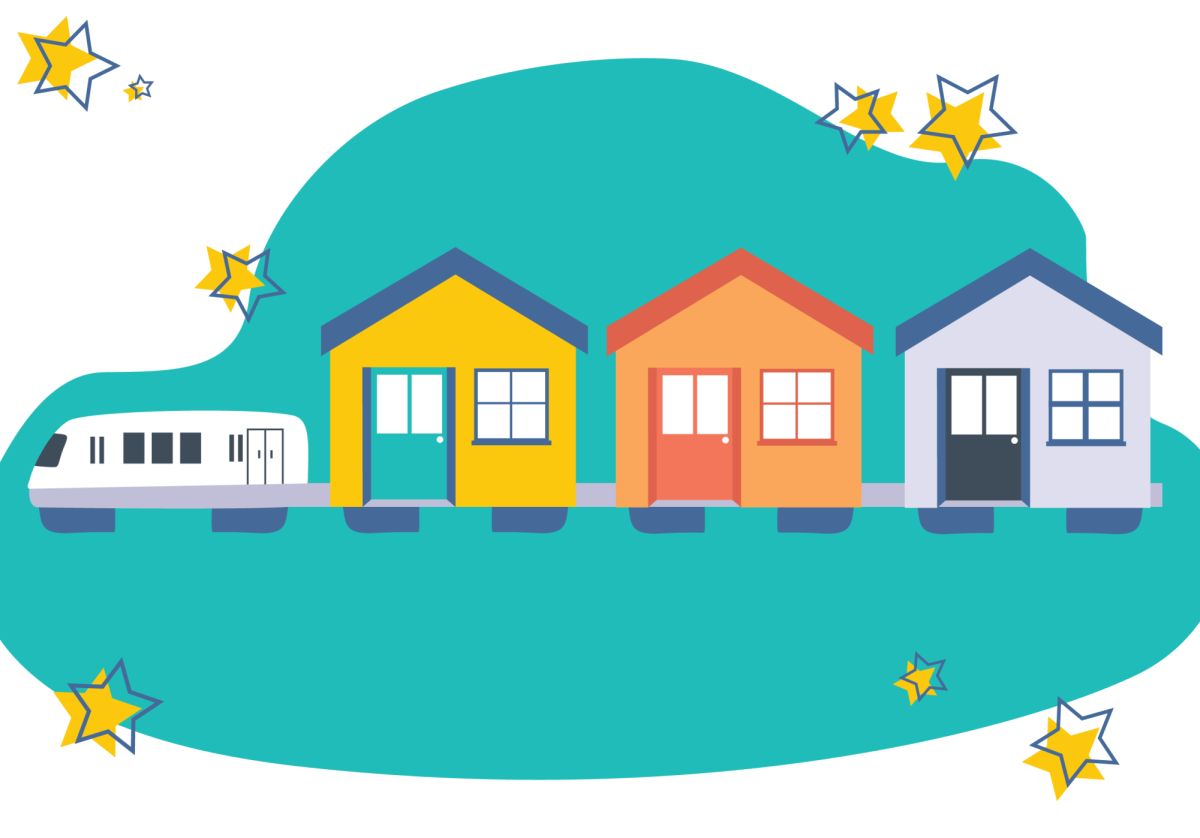If there is one thing armchair experts across the political spectrum are adamant about, it’s writing think pieces about the social ailments of Minneapolis.
A spike in crime on Metro Transit has been the impetus of recent outcry. Drug use, mental health crises and assaults have been more frequent following the pandemic. Outside of the mass incarceration and institutionalization of those suffering, few solutions have been offered.
I do not contest the urgency required to address these crises, but I insist our actions today will determine the viability of our public transit systems going forward.
Metro Transit is expected to address the consequences of decades-long, negligent policymaking that ripped our social safety net wide open. The StarTribune published Nick Magrino’s “one-point plan to fight transit crime” opinion piece, which amounted to advocating for arresting people who are breaking the law. A chorus of support rang out in the comment section.
What Magrino and his supporters fundamentally misunderstand in their assertions is this tactic is exactly what brought us here today. We know criminalizing poverty reproduces its harm. And, as one commentator wrote in the Star Tribune recently, the legacy of psychiatric hospitals does not suggest its implementation would be successful at addressing mental illness and poverty.
“Institutions like Metro Transit and public transit across the country, they’re not the movers and shakers when we think about social policy,” said Michelle Phelps, a professor of sociology at the University of Minnesota. “They’re being handed a set of problems that they don’t have a lot of effective tools to respond to, and they’re being asked to do contradictory things: provide transportation for people with more privilege to get to work or school and they’re also being asked to be this kind of shelter of last resort. It’s really difficult to do both at once.”
Public transportation is a unique point of convergence where folks from every socioeconomic background cross paths, and because the Twin Cities are so economically segregated, those interactions can be jarring. It begs the question: are you uncomfortable or unsafe?
Increased visibility of mental illness or addiction cannot become a resurrection of the war on drugs. The cake-eating notion that we can both systematically erode social programming and turn away from its consequences is rooted in our American tradition of concealing poverty rather than addressing it.
It may be controversial, but instead of repeating the sins of yesterday, we should commit to doing the deep work required of us to set things on track. Pledge our tax dollars to housing, not carceral systems; identify a problem without treating the most vulnerable of us as disposable.
Harm reduction and housing-first methods tend to take longer to produce results, but they are far more effective than previous mitigation strategies. By removing the sobriety requirements or stigma around drug use, folks can reclaim their autonomy and actually heal.
As students and stewards of this city and the world, it is critical we piece apart these issues and uncover the underlying inequalities that perpetuate our surface-level observations. We are not bound to what came before us and have the benefit of hindsight that can help us improve the systems we inherit.
Public transportation is a mirror of our society’s triumphs and weaknesses. Don’t like what you see? It’s going to take a systems approach.















toastie072
Oct 20, 2023 at 3:31 pm
I have to say… it really sucks working in the community with youth who cannot get to spaces for learning that ARE safe because of the lack of safety amongst their travel methods (on foot too – it’s not just busses), but I also totally understand why their parents don’t want them travelling solo. However, the victim-shaming behavior and lack of trauma informed language definitely does not help address any sort of issue at hand.
This begs the question… How do we find pathways for those who are most vulnerable of falling into a similar pattern of fraught due to systemic inequities and structural rips in the seams of our safety nets? When youth cannot access afterschool programming, or library enrichment and build a sense of self amongst community, they are not pushed to learn beyond acting submissive and folding to the systems around them. How do WE as practitioners and community leaders reinvision our own programming and efforts to an audience that could truly benefit (even in a trickle down manner) from safe and reliable means of learning, moving, maintaining and growing up healthy — inside & out?
Jake
Oct 19, 2023 at 8:00 pm
Smoking crack and generally being unpleasant should not be acceptable on public transit. It makes the experience worse for everyone involved and as we have seen has led to increased crime. I’m all for helping treat mental illness and homelessness but at a certain level they have to help themselves. If people can’t control themselves then they should lose that privilege and be rehabilitated away from society. It’s not fair to the rest of the passengers who follow the rules to allow a small percentage of people free rein to do whatever they want and face no consequences.
Kimathi E
Oct 19, 2023 at 10:29 am
agree 100%. thank you for brining this up, and creating the space for discussion
Keith Nordeen
Oct 19, 2023 at 9:59 am
Homelessness and mental healthcare are two substantial urban issues that cannot be solved with the resources we have today.